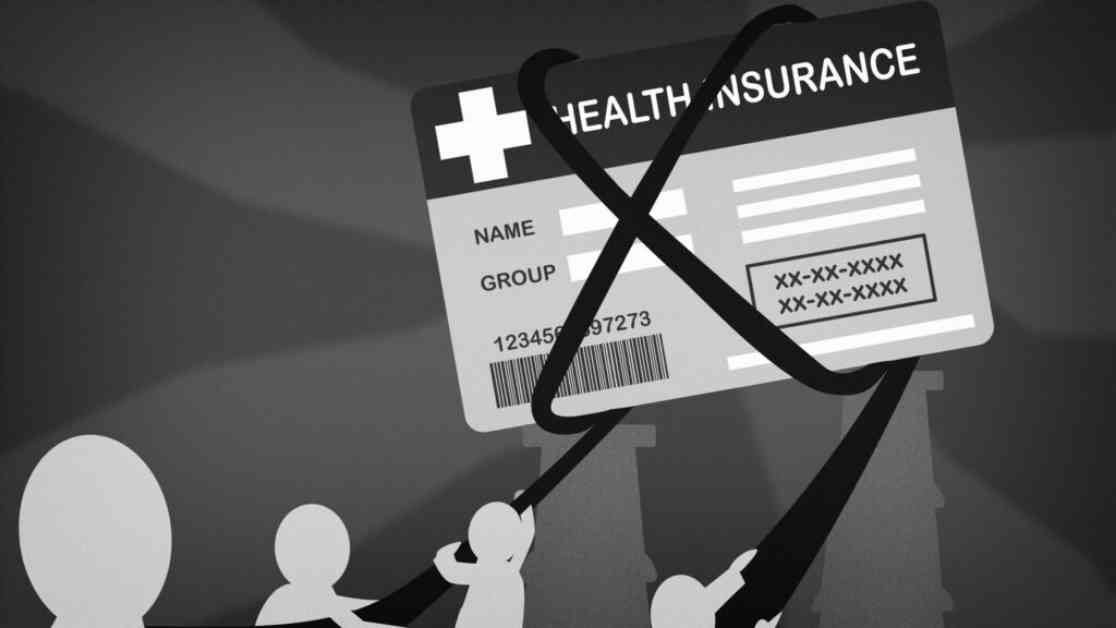The brutal killing of UnitedHealthcare CEO Brian Thompson has sent shockwaves through the American health care landscape, sparking a wave of resentment and anger toward a system that many feel is broken and exploitative. The tragic incident, which has left the country grappling with the dual burdens of senseless violence and healthcare inequities, has ignited a fierce debate on social media and online platforms about the state of healthcare in the United States.
The public outcry following Thompson’s death reflects a deep-seated frustration with a healthcare system that prioritizes profit over people’s well-being. From exorbitant prices and bureaucratic hurdles to mounting debt and inadequate coverage, many Americans feel let down and abandoned by an industry that is supposed to care for them in their times of need.
Expert voices, like that of Yolonda Wilson, an associate professor of health care ethics, shed light on the underlying pain and anger that fuel this collective discontent. Wilson’s poignant words highlight the profound sense of betrayal and helplessness that so many individuals experience when navigating the labyrinthine world of healthcare.
The statistics paint a grim picture of a system in crisis – with millions uninsured, others drowning in medical bills, and a general dissatisfaction with the quality of care provided. The public sentiment toward insurance companies, particularly UnitedHealthcare, is one of mistrust and resentment, fueled by stories of denied claims, delayed care, and inadequate support.
The personal accounts of individuals like Ty Beringer and Yolonda Wilson further underscore the devastating impact of a flawed healthcare system on real people’s lives. From rationing insulin to canceled surgeries, these stories reveal the harsh realities faced by those who are failed by a system that is meant to heal and protect.
As the nation mourns the loss of Brian Thompson, the conversation around healthcare reform and accountability grows louder. The voices of those who have been marginalized and neglected are finally being heard, demanding justice and change in an industry that has long prioritized profits over patients.
The tragedy of Thompson’s death serves as a stark reminder of the urgent need for reform and compassion in America’s healthcare system. It is a call to action for policymakers, providers, and insurers to listen to the voices of the people they serve and work towards a more just and equitable future for all.


















